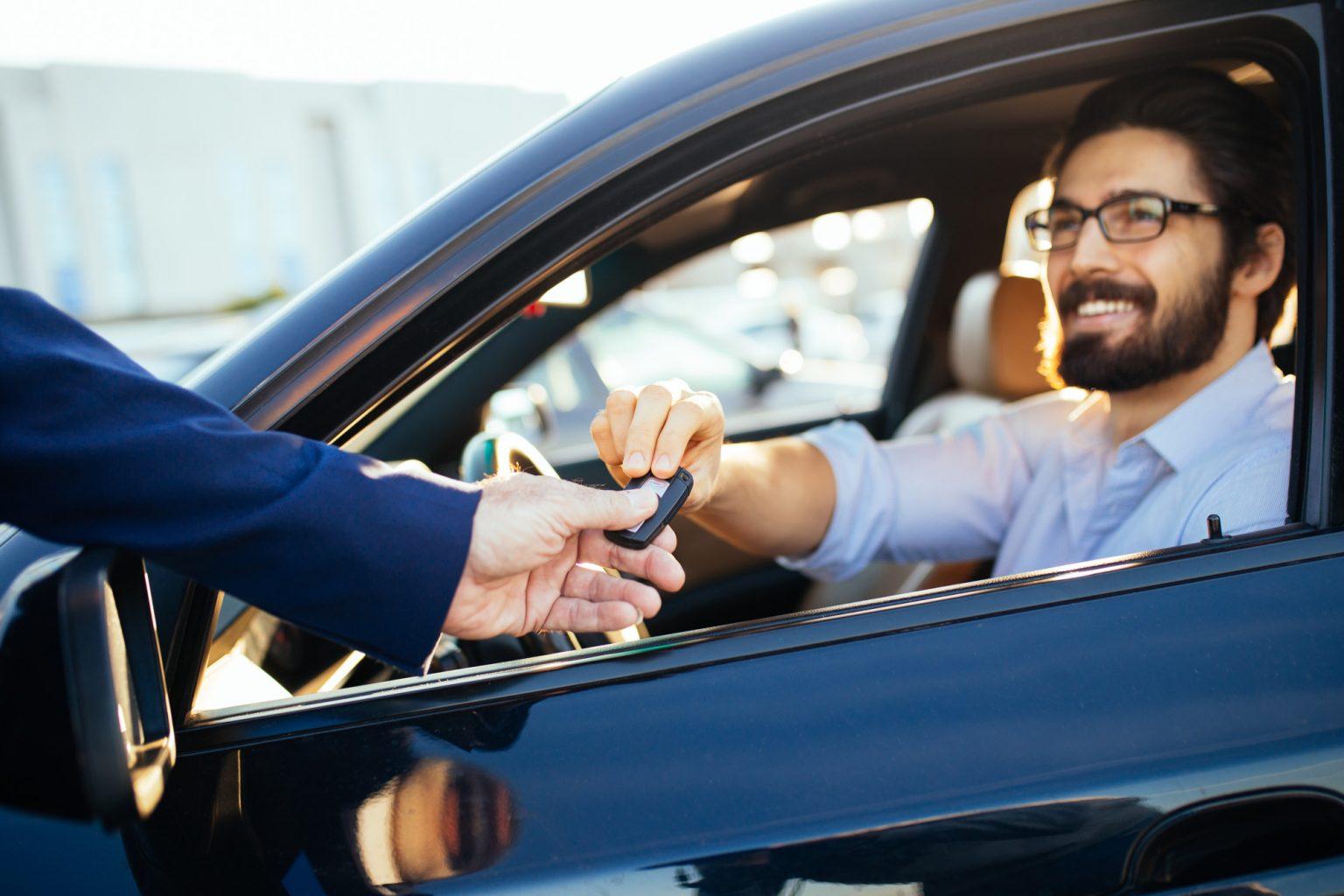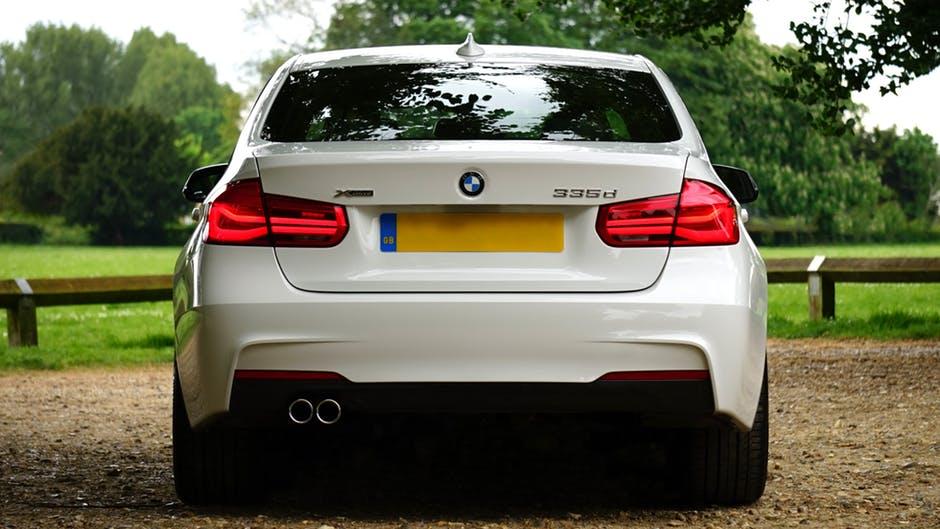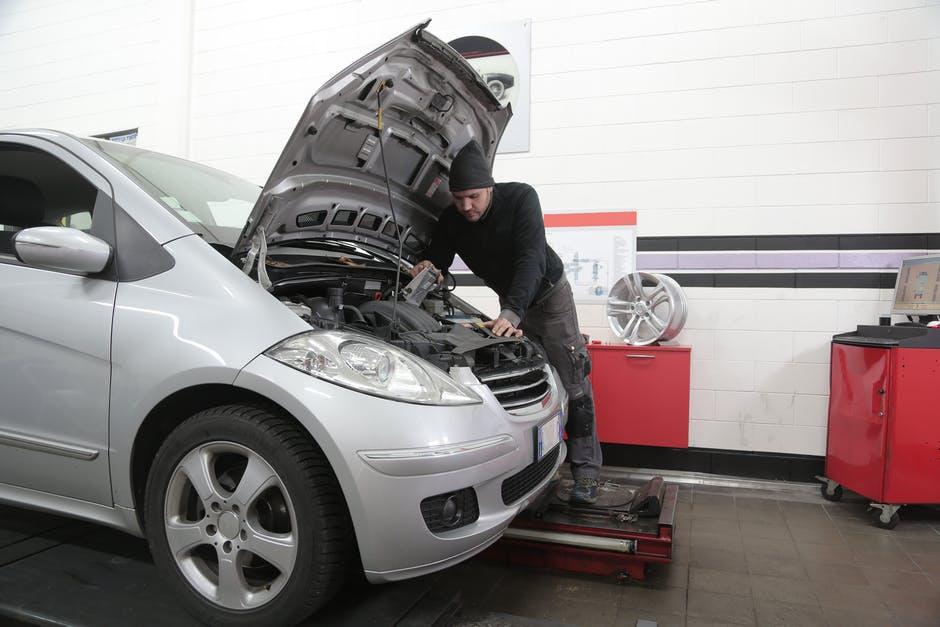Buying a car across state lines can open up more options, better prices, and access to rare models. However, the paperwork involved can feel overwhelming if you’re unfamiliar with the process. Each state has slightly different rules, but there are several common documents and steps you’ll need to make the purchase legal and stress-free.
In this guide, we’ll cover the essential paperwork needed when buying a car out of state, along with tips to make the process smoother.
Why Buy a Car Out of State?
Car shoppers look outside their home state for several reasons:
More choices: Expanding your search gives you access to broader markets, especially if you’re interested in Buying a Used Car Out of State.
Competitive prices: Different state markets may have lower pricing for the same make or model.
Rare finds: For unique trims, classic cars, or limited editions, Online Car Auctions Sites often feature vehicles located in other states.
Direct purchases: Some shoppers prefer to Buy a car directly from the manufacturer if it isn’t available locally.
Whether you use Websites to buy used cars or purchase through a dealership, understanding the paperwork is crucial.
Essential Paperwork When Buying a Car Out of State
1. Vehicle Title
The title proves ownership of the vehicle. Make sure the seller provides the original title, signed over to you. If it’s a lien title, ensure the lienholder has released their claim.
2. Bill of Sale
A bill of sale documents the transaction details, including:
Buyer and seller information
Purchase price
VIN (Vehicle Identification Number)
Date of sale
Some states require a notarized bill of sale, so check both your state’s and the seller’s state requirements.
3. Odometer Disclosure Statement
Federal law requires an odometer disclosure for vehicles under 10 years old. This protects you from mileage fraud and helps confirm the car’s history.
4. Emissions and Safety Inspection Documents
Depending on where you live, your state may require the vehicle to pass local emissions or safety inspections before registration. Keep any inspection paperwork provided by the seller.
5. Temporary Registration or Transit Permit
You’ll need a temporary registration or transit permit to legally drive the car back to your state. These permits are usually obtained from the state where you purchase the car.
6. Proof of Insurance
Most states require proof of insurance before issuing registration or temporary tags. Arrange coverage before picking up the vehicle.
7. Loan Documents (If Financing)
If you’re financing the vehicle, keep copies of your loan approval paperwork. The lender may also need details from the title and bill of sale.
8. State-Specific Forms
Some states require additional forms, such as a VIN verification or tax affidavit. Always check both the selling and buying states’ DMV websites.
Don’t Forget Transportation
If the car is too far to drive home, you’ll need to arrange delivery through professional Car Shipping Services. This can save time, reduce mileage on the vehicle, and simplify logistics.
Tips for a Smooth Out-of-State Purchase
Research taxes and fees: Some states charge sales tax at purchase, while others require it upon registration in your home state.
Double-check VIN: Ensure the VIN on all documents matches the car.
Ask about warranties: For used cars, confirm whether warranties or service contracts transfer across states.
Register promptly: Once you return home, visit your local DMV to register and title the vehicle in your state.
FAQs
Can I buy a car out of state and register it in my home state?
Yes. You’ll need to complete the paperwork and then take the signed title, bill of sale, and other required documents to your local DMV to register it.
Do I pay sales tax twice if I buy a car out of state?
Generally, no. Most states have reciprocal agreements to avoid double taxation, but you’ll likely pay tax when registering in your home state.
What if the seller doesn’t provide the title?
Never complete the transaction without a proper title. A missing title could indicate unresolved liens or ownership disputes.
Do I need insurance before buying out of state?
Yes, you should have proof of insurance before driving the vehicle back or arranging transportation.
Is shipping a car better than driving it home?
If the distance is long, using Car Shipping Services is often more convenient and may even save money compared to travel expenses.



